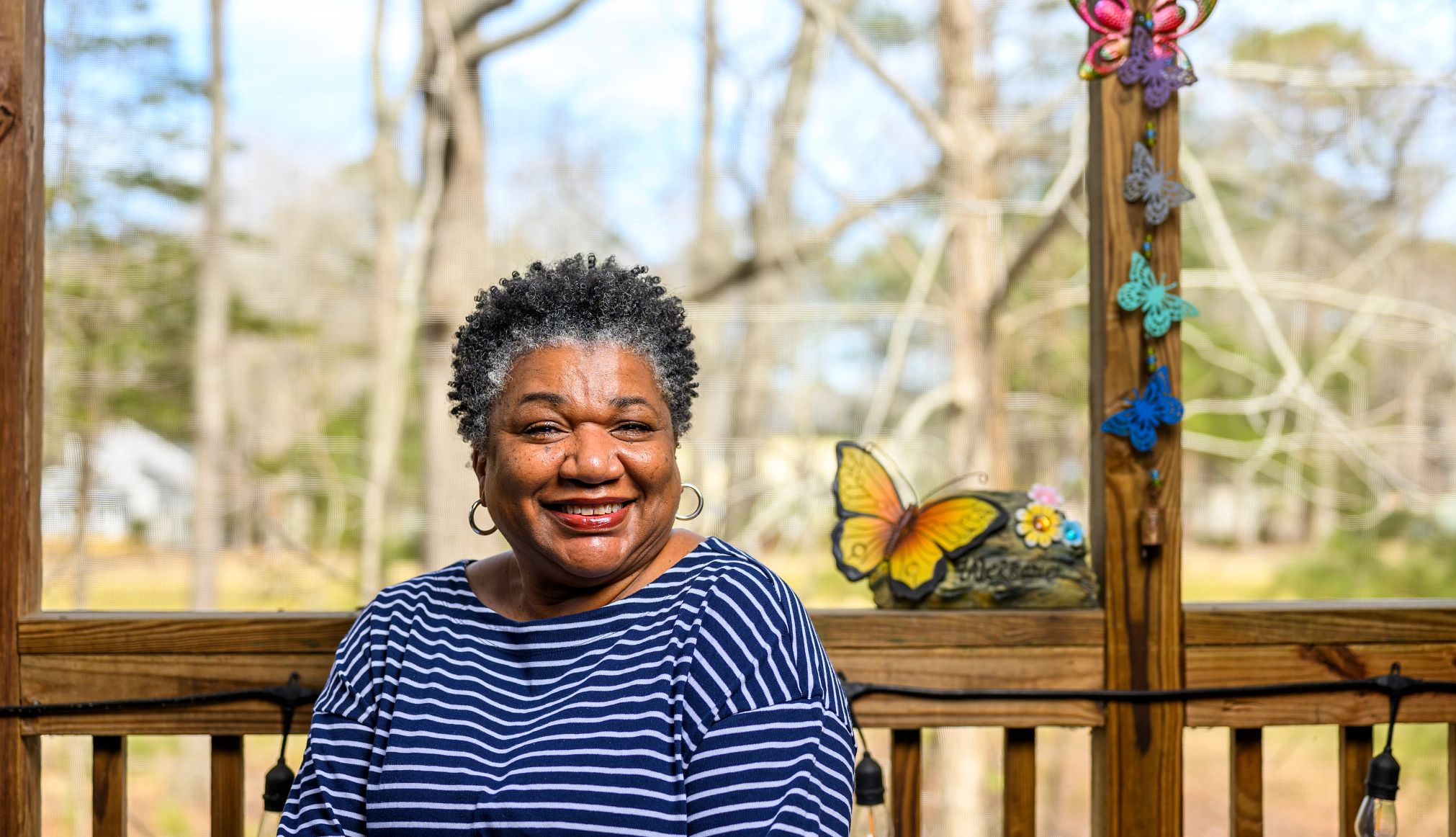AARP Hearing Center


Retirement isn’t just a financial transition — it’s an identity shift many of us struggle with, especially after decades of defining ourselves through our careers. Just ask Annette Johnson.
“I’ve worked since I was 14 years old, and I realized that a big part of my identity was attached to that,” says Johnson, 64, who recently left her position as head of cultural programs at a Boston-based software company. “I allowed limiting beliefs to control me.”
That made it hard for her to see herself beyond her professional standing, and it kept her working years after she had secured her financial future.
She and her husband of 40 years, Rufus Johnson, had meticulously planned for retirement. They saved diligently and had found their dream home — a townhouse on a golf course near Ocean City, Maryland, a short drive from Atlantic beaches. In preparation for the move, they downsized from their New Jersey house to a one-bedroom apartment, reducing their housing costs by 65 percent.


What’s Your Biggest Retirement Mistake?
Retirement isn’t just about leaving a job. It's about changing your life — your routine, your budget, your priorities, where you live. It's decision after decision, and you don't always make the right one. Is there something you wish you’d done differently?
AARP Members Edition wants to hear about your retirement regrets. A mistimed exit from the office? A move to the wrong place? A relationship you gave up? Spending too much, or too little? Share your story at retirement@aarp.org and we might feature it in this series.
The plan was that both would retire once they moved to Maryland. Rufus, who worked for 40 years in government in Newark and Essex County, New Jersey (including five terms as an elected county commissioner), embraced retirement immediately. Annette, however, couldn’t bring herself to quit.
“I was just stuck,” she says.
She continued working remotely at her corporate job, increasingly aware of the disparity in their daily experiences.
“I was working and sweating things on the job,” she says. “Meanwhile, my husband plays golf three times a week. He’s relaxed, not stressed and is living his best life because he trusts the plans.”
Rufus eventually confronted her about the disconnect between their careful preparation and her reluctance to retire. “He was like, ‘We have a plan. When are you going to activate it?’ ”
A wake-up call
What kept Johnson working wasn’t financial insecurity, although she acknowledges that played a role. The primary problem was a deeply ingrained habit of perpetually seeking the next achievement, the next validation.





































































You Might Also Like
My Biggest Retirement Mistake: Moving in With My Kid’s Family
It seemed like a perfect solution for this retiree and his son ... until they tried it
My Biggest Retirement Mistake: Coming Out of Retirement | Members Only
"Going back to work was a mistake. I thought I knew enough, was comfortable enough, but I found out I wasn't."
My Biggest Retirement Mistake: Collecting Social Security Early
John Kruzynski doesn't regret retiring early. But he does regret the financial hit he took by claiming Social Security benefits early.